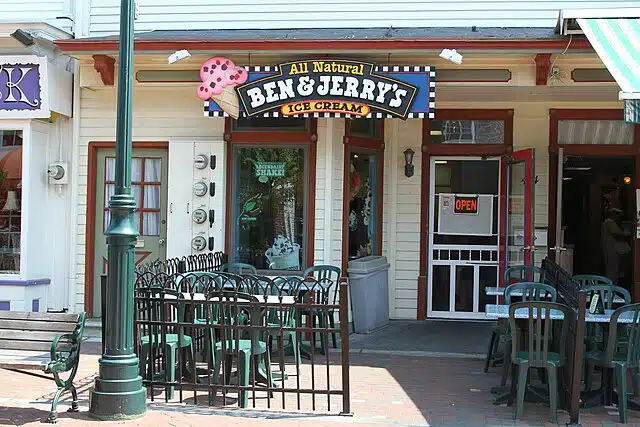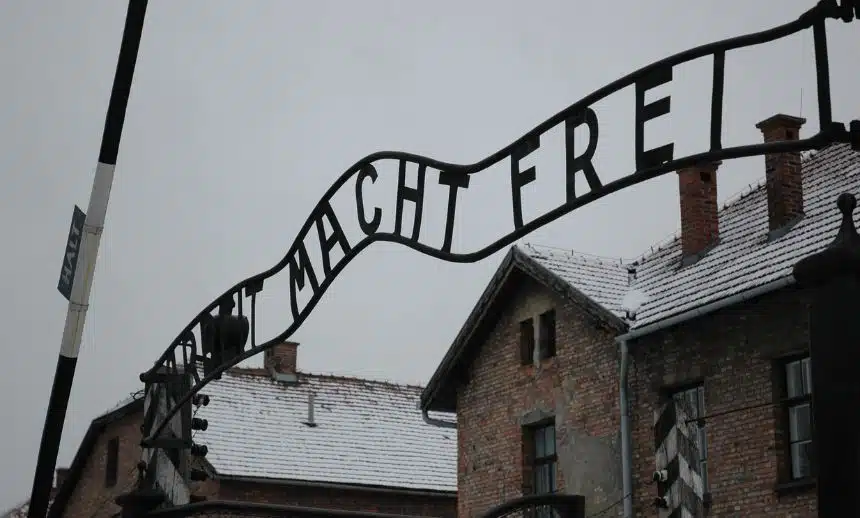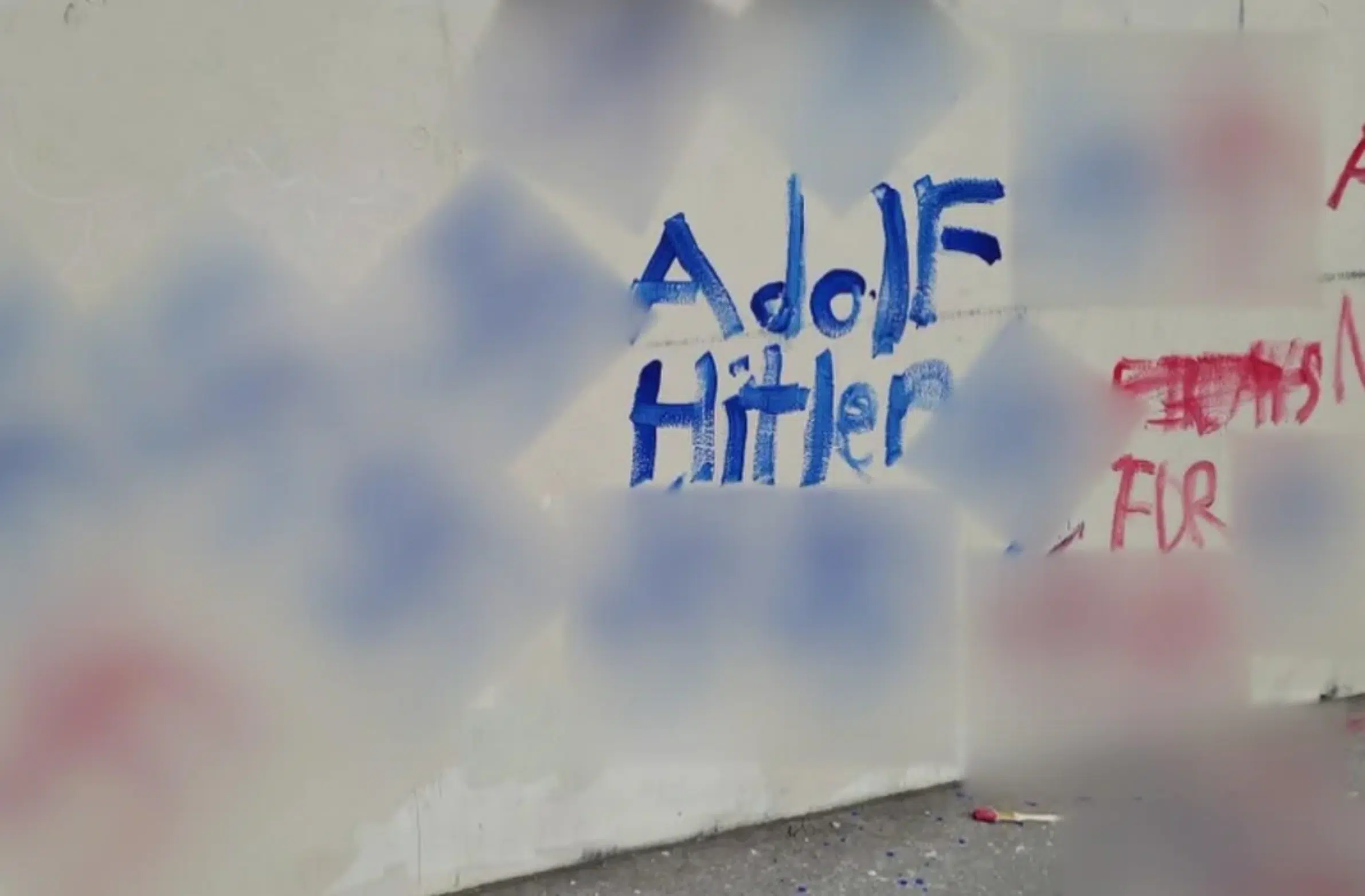|
Getting your Trinity Audio player ready...
|
Ben & Jerry’s co-founder Ben Cohen says he will launch a watermelon-flavored ice cream “for Palestine” after Unilever — Ben and Jerry’s UK-based parent company — refused to approve the flavor.
Cohen announced on Instagram on Tuesday he would create and sell the flavor independently. He said the project aimed to promote “permanent peace in Palestine” and raise awareness of “the damage that was done there.”
He invited followers to help choose the name and ingredients, adding that “revolutions are creative.” Among the suggestions were “Sweet Resistance” and “From the River to the Seeds,” both echoing anti-Israel slogans.
Cohen’s Clash With Unilever
Cohen’s move deepens his feud with Unilever. He was arrested in May 2025 while protesting for Gaza. He also accused the company of trying to silence political speech about the conflict.
Ben & Jerry’s sued Unilever last November. The lawsuit claimed that the parent company blocked its efforts to advocate for Palestinian refugees and even threatened legal action against board members.
The dispute caused major fallout. Ben & Jerry’s co-founder Jerry Greenfield resigned last month, citing Unilever’s position on Gaza.
A Record of One-Sided Activism
Ben & Jerry’s often links its brand to progressive causes like marriage equality, refugee rights, and climate change. Yet its approach to Israel shows a clear bias.
The company regularly repeats the Palestinian narrative while ignoring Hamas terrorism and the October 7th massacre.
By painting Israel as the aggressor and Palestinians as the victims, Ben & Jerry’s spreads a distorted view that fuels antisemitism worldwide.
In 2021, Ben & Jerry’s said it would stop selling ice cream in Judea and Samaria, calling the move a moral stand. The announcement sparked global backlash. Investors sold Unilever shares, and several U.S. states reviewed their holdings over what they viewed as discriminatory behavior.
Unilever later sold its Israeli business to a local licensee. That sale allowed the ice cream to remain available in Israel, including in Judea and Samaria. Ben & Jerry’s sued to block the move but settled the case in 2022.









